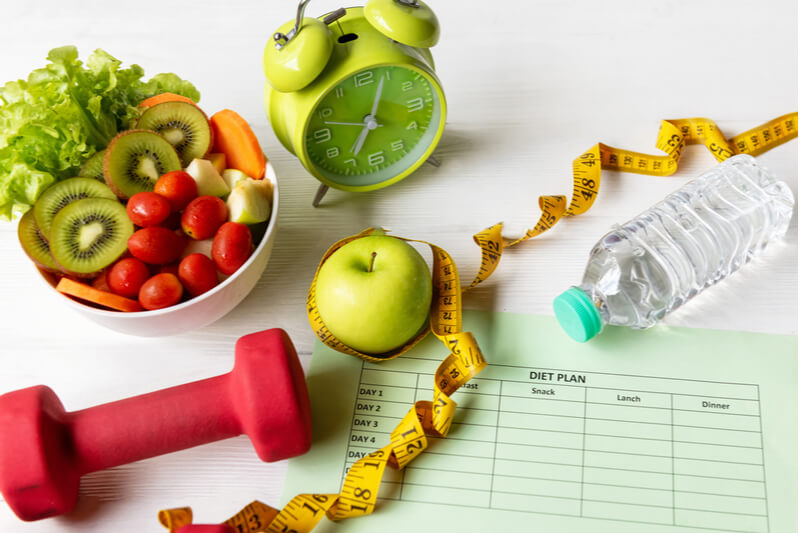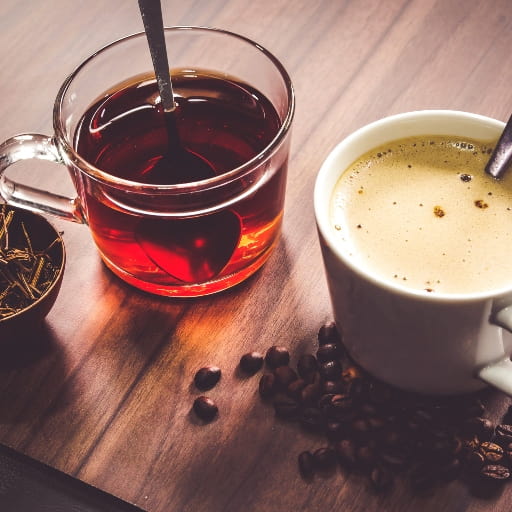7 Indians returned with a medal at the Olympics 2020, in Tokyo. With every new medal, there was increased focus on what these Olympic athletes ate to maintain such high levels of fitness. If you want to find out how you can adapt an Olympic diet plan to match your own lifestyle, read below.
What You Should Know:
- What do Olympic athletes eat?
- How is an Olympic diet plan formed?
- Should you follow an Olympic diet?
What do Olympic athletes eat?
Lately in the news you might have read or heard about India’s gold medallist, Neeraj Chopra, eating golgappas or parathas on his cheat days. Even weightlifting silver medallist, Mirabai Chanu, confessed that the first thing she wanted to eat after her win was pizza. This is mainly because Olympic athletes usually follow a strict diet with few cheat days.
For example, Neeraj Chopra’s regular diet usually includes boiled eggs or egg omelettes for breakfast. His meals include grilled chicken, salmon fish, salads and fruits. He also drinks fresh fruit juices after working out. The food calorie intake of such athletes is also regulated while forming their diet plan.
How is an Olympic diet plan formed?

Athletes are given a diet plan based on their sport. For example, a marathon runner burns 2000 calories in one event, whereas a sprinted burns less than 10 calories during their event. Therefore, athletes in shorter duration sports like sprinting or long jump follow a diet plan of around 2000 calories per day. Whereas more athletes in endurance-based sports, follow a diet plan with 8,000 to 10,000 calories per day.
An Olympic diet plan will also follow the same basic principles of any balanced diet. This includes a healthy share of:
- Vegetables and fruits for fibre
- Lean protein sources (fish, chicken, beans and lentils, low-fat dairy products)
- Whole grains for carbohydrates
- Healthy fats (avocado, nuts like almonds and walnuts, eggs)
Elite-level athletes also stay hydrated throughout the day. This is because they exercise a lot more, and it also helps them recover quicker from muscles strains after a workout.
Should you follow an Olympic diet?

An Olympic diet of 8,000 calories a day will actually be quite harmful to you. It can lead to obesity and other health complications. However, this doesn’t there isn’t anything about nutrition to learn from Olympic athletes.
1. Create a balanced diet
You can make a balanced diet plan which includes all food groups. However, you should also decide the calorie intake depending on your health and fitness. For example, if you are living with diabetes, then your healthy diet should also help you cope with it.
2. Stay disciplined
Olympic athletes may be allowed cheat days on 3 days in a month. Since you are not an elite level athlete you can follow a diet with 6-7 cheat days. For the most part it is important to stick to your diet plan.
3. Exercise along with your diet
Lastly but most importantly, Olympic athletes remind you that diet and exercise together lead to fitness. Therefore, you should also consider setting some time aside to exercise during the day.
Wondering how much your daily calorie intake should be? Check out our Basal Metabolic Rate Calculator to determine your daily food intake based on your lifestyle, gender, age, height and weight. For more fitness or nutrition related advice, visit the Activ Living Community.





 1800-270-7000
1800-270-7000









